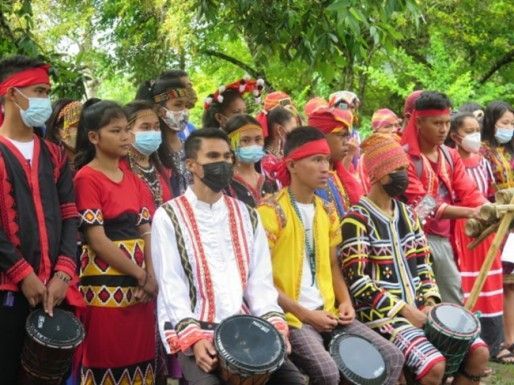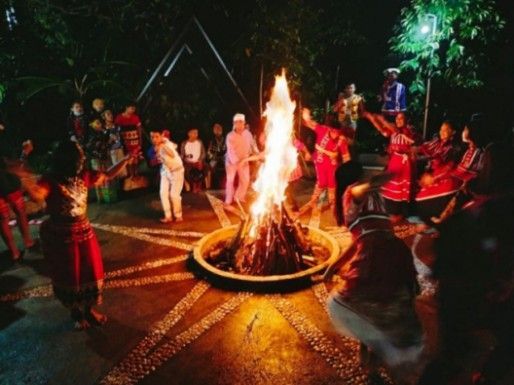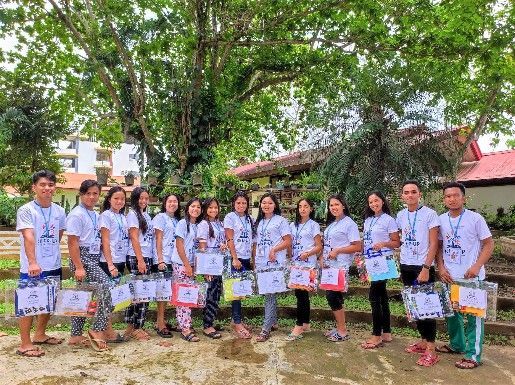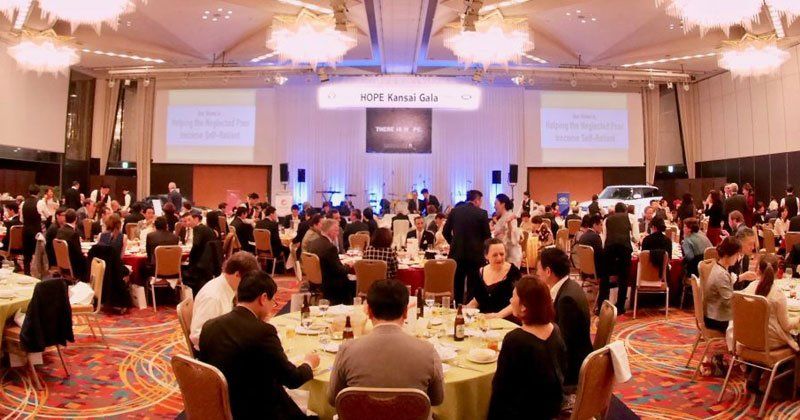A Brighter Future through Education: Pamulaan Center
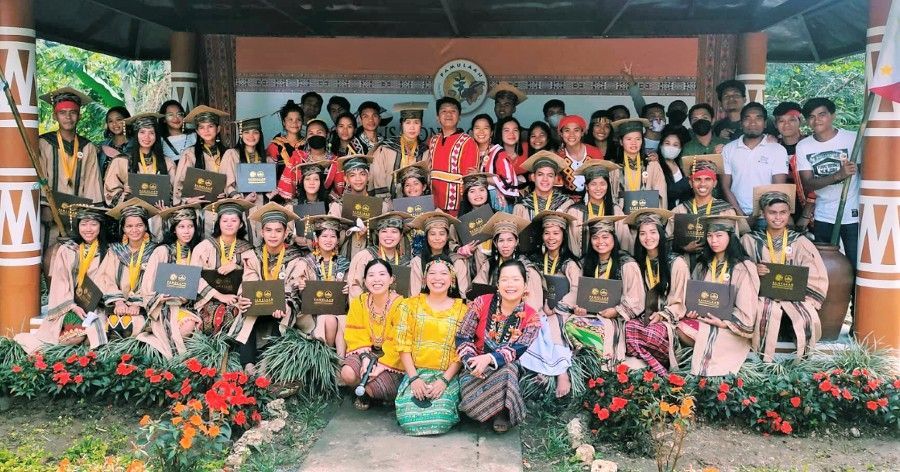
Cultures in danger of extinction
The Philippines is known for its beautiful beaches and banana produce, but surprisingly little is known about the lives of the 12 million indigenous peoples* who make up 14% of the population. Many of them follow traditional farming practices but most do not hold titles to their land. As a result, they face problems such as malnutrition, high incidence of diseases and mortality due to limited access to natural resources and the influx of migrant farmers that have pushed them into poverty.
*JICA Philippines Poverty Profile March 2012
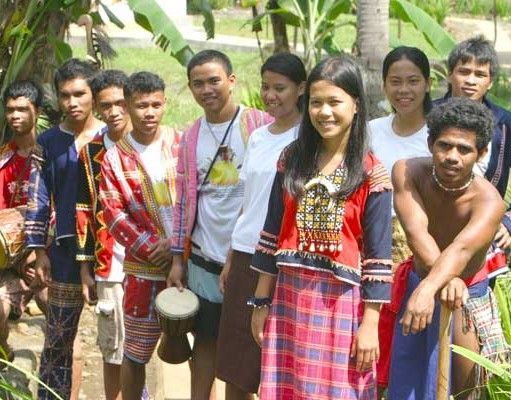
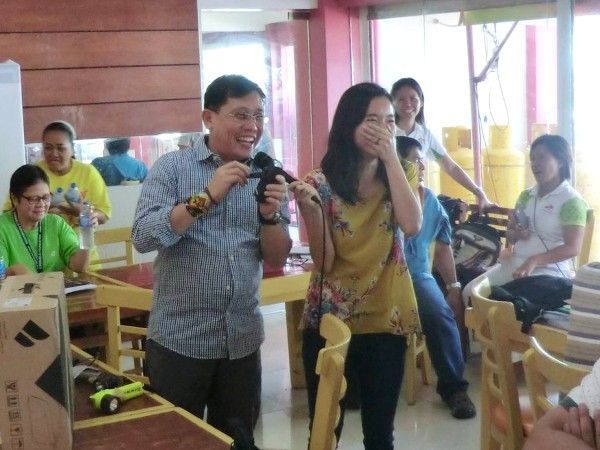
While suffering in poverty, their traditions and cultures are being lost. Benjamin (or Ben as he likes to be called) was the first to notice this crisis. He first became interested in the indigenous peoples whom he was unfamiliar with when he attended college. As he was unable to find much information about them, he met them directly in person and came to know about their endangered cultures.
Left: Ben
To carve out a future for the indigenous peoples
The leaders of indigenous communities strongly hope to create a path out of poverty and nurture their children to preserve and pass down their traditions. After much discussion with the community leaders, Ben decided to create a higher educational institution where young indigenous peoples could acquire the knowledge and skills to protect their traditions and cultures.
In 2006, the Pamulaan Center was established in Davao City, Mindanao. During the four year degree program at the center, students can take up courses in specialized subjects such as anthropology, social entrepreneurship, sustainable agricultural techniques, and primary education. They are also required to gain a deep understanding of their cultures. Upon completing their degrees, the graduates are expected to apply the knowledge and skills they have acquired at Pamulaan to contribute to their own communities for two years.
Young Leaders Taking Action
Since the establishment of the Pamulaan Center, more than 100 students have earned bachelor degrees and carved out their own paths not only in the Philippines but also internationally, in creating awareness and preserving their traditional cultures. For example, Kring focused on supporting the indigenous peoples of the Philippines and got his first job at the Assisi Foundation, which operates the Pamulaan Center. As a Senior Program Officer of the Livelihood Improvement and Leadership Development Program, she worked with many people, including community entrepreneurs, indigenous leaders, young supporters, government agencies, and national and international civil society groups, and trained them as leaders to shape the future of the indigenous peoples.
While working at the Assisi Foundation, Kring earned a master's degree in Community Development from the University of the Philippines and later obtained a scholarship for an advanced master's program in Cultural Anthropology and Development Studies at the Catholic University of Leuven, Belgium. Kring is making great strides to contribute not only to the Philippines but also to the indigenous peoples of the world.
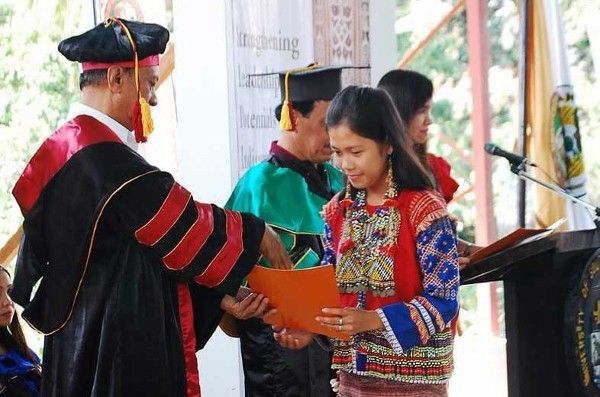
HOPE International Development Agency has been supporting the Pamulaan Center since 2010.
Education creates a better future. Please watch the film "The Greatest Gift", which is about our work in the Philippines.

